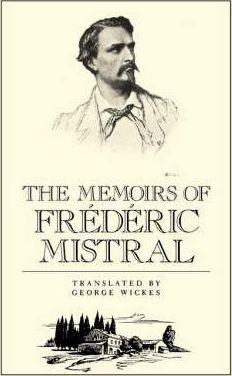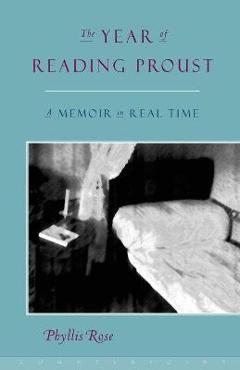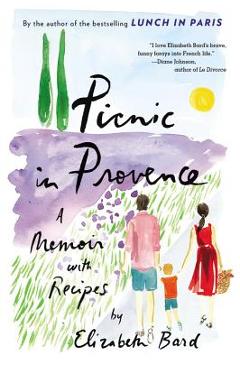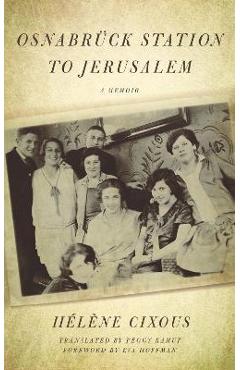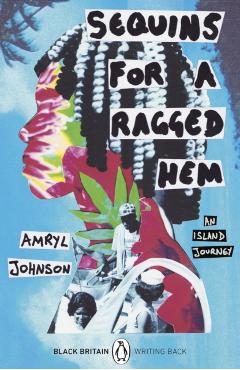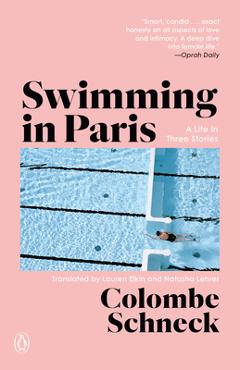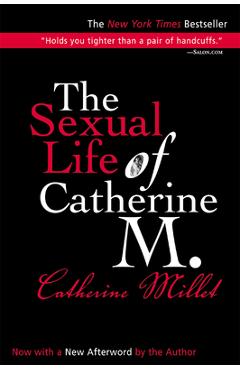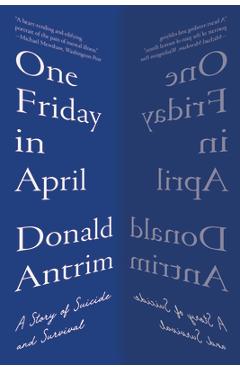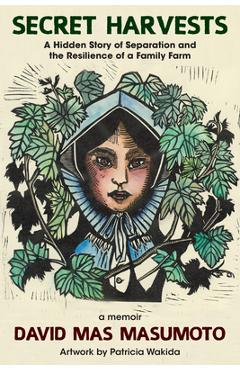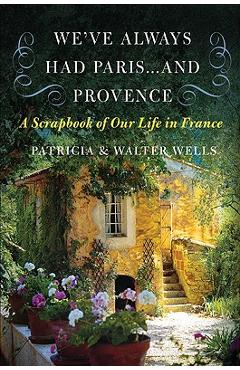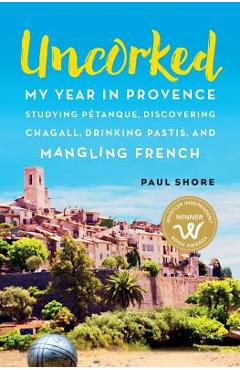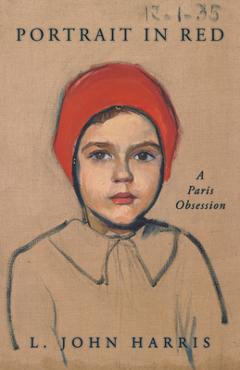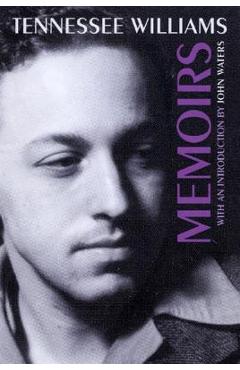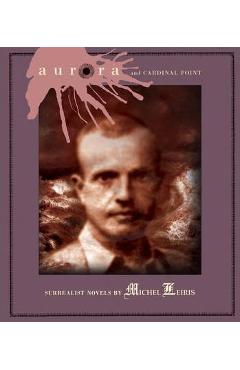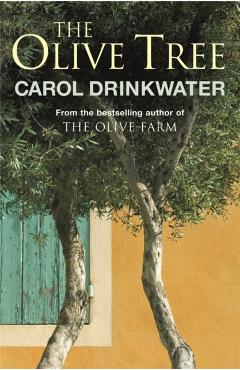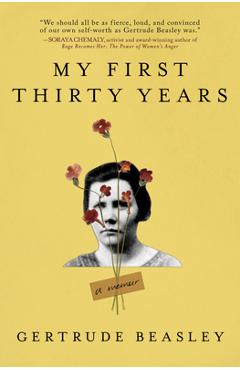Frédéric Mistral (1830-1914) was without a doubt the greatest modern Provençal poet and the foremost champion of his native Provence, the guiding spirit of a group of latter-day troubadours who revived and refined the language of Southern France as a literary medium. For this achievement and for his own poetry, Mistral was awarded the Nobel prize in 1904--characteristically, he gave the prize money to a folklore museum he had founded in Arles. Two years later, at the age of seventy-six, Mistral published his charming book of Memoirs, which is not so much an autobiography as a recollection of the life of ordinary country people in his early years, filled with delightful anecdotes, tales, folksongs, and poetry. Written in the relaxed conversational style of an elderly gentleman reminiscing about the old days, the Memoirs describe the circumstances of Mistral's childhood and early manhood - the Provençal landscapes, the seasonal life of the farm, the religious observances and seasonal festivities, many clearly of pagan origin. Although educated in the classics and law in Avignon and Aix, Mistral felt out of place among the French-speaking bourgeois and returned to his family farm to devote his life to writing for the simple farming people of his region. He soon began his long poem Mireio (eventually transformed into the opera Mireille by Gounod), whose heroine was modeled on the peasant girls he saw and worked with daily. At the same time, he and several other young men came together to form the Felibrige, a society dedicated to restoring the Provençal language and preserving local traditions. The Memoirs concludes with the death of young Mistral's father and the success of Mireio (1859), so quietly understated that one would hardly suspect that the author had been hailed as a major poet while still in his twenties. Mistral wrote his Memoirs in Provençal and himself translated them into French. A previous English translation (abridged and paraphrased from the French) was published in 1907 and has been out of print ever since. In his new translation, George Wickes of the University of Oregon has mined Mistral's monumental dictionary, Lou Tresor dóu Félibrige. This illustrated edition includes the original texts of Provençal songs and verse, with Professor Wickes' English versions printed en face.
